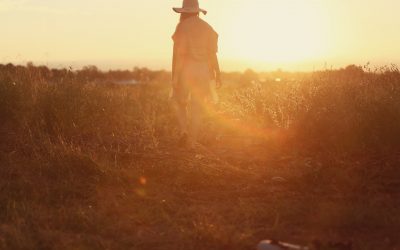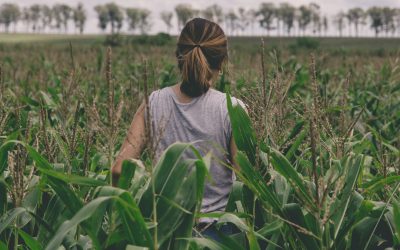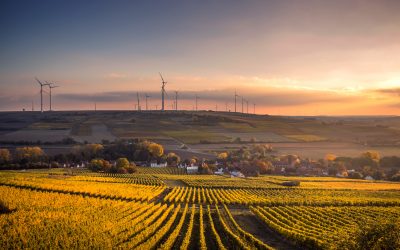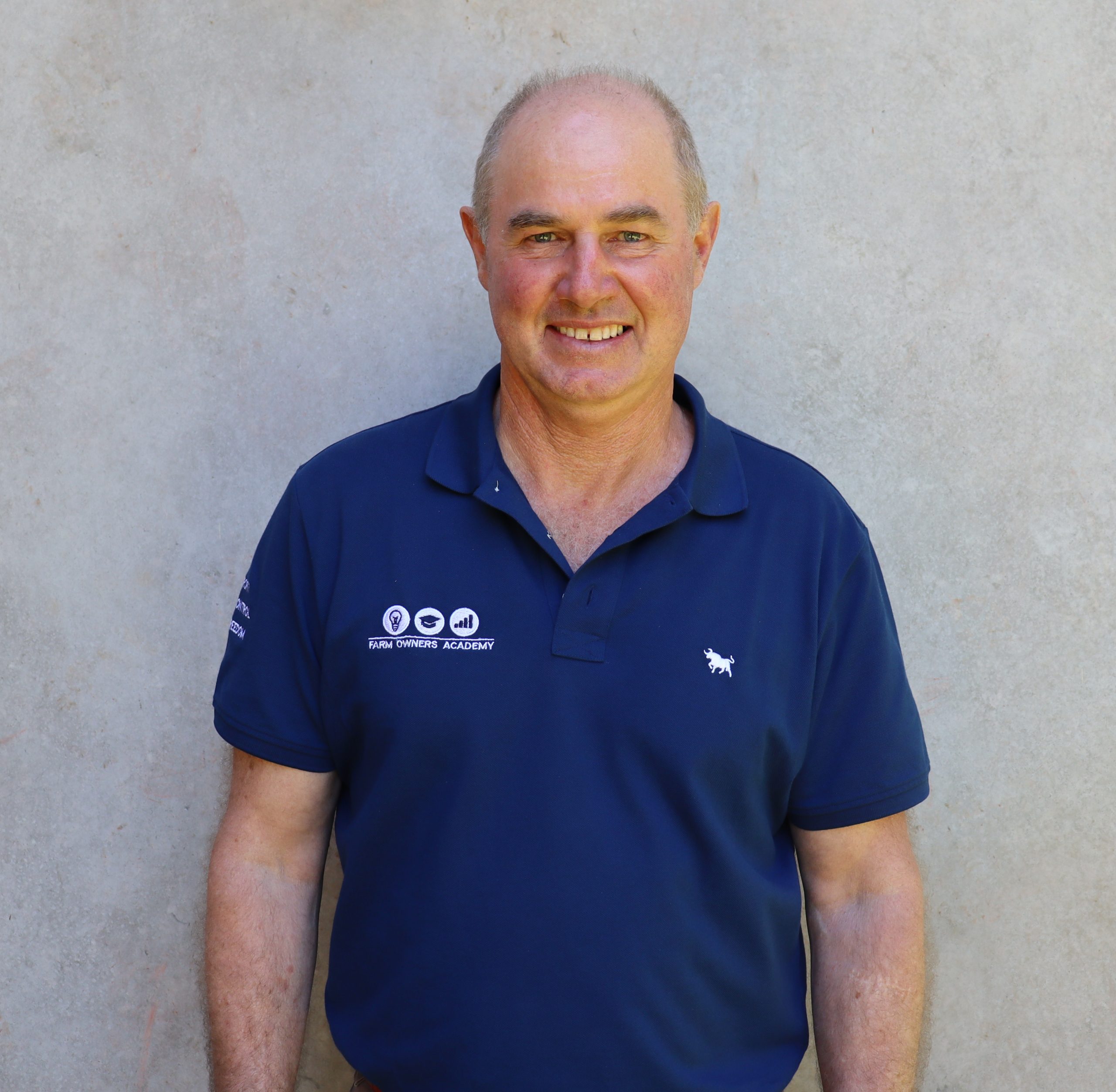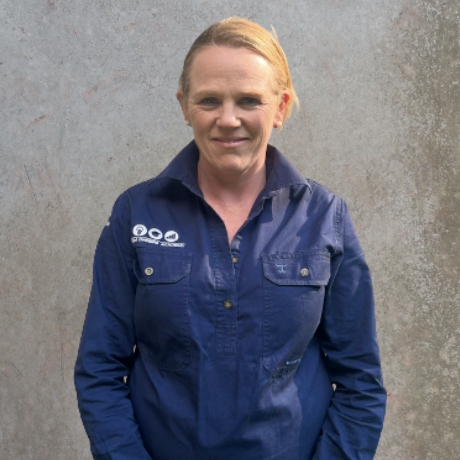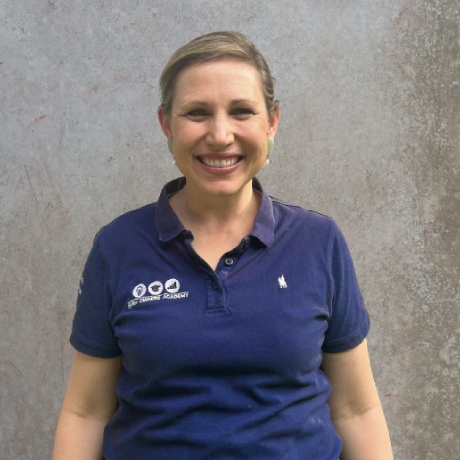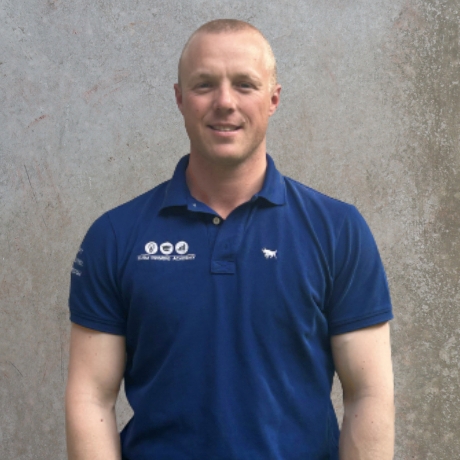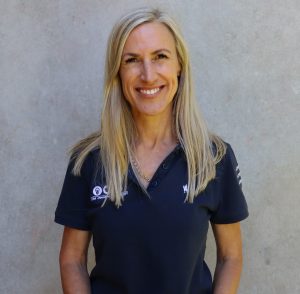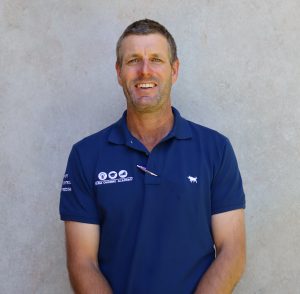As farmers, our professional and personal lives are usually intertwined far greater than any other profession; our every day is spent on the land, often working with multiple generations of family members and therefore having to navigate the highs and lows of combining work and personal life so irrevocably. On top of this, as farmers we often deal with substantial challenges that affect our incomes and livelihoods that those living in cities can’t truly understand. As such, being able to manage, strengthen and build our resilience is incredibly important, not just for ourselves and our own mental health, but for our families as well.
This is something I have really had to work on myself as I was plagued with poor self-esteem, low confidence, anxiety and at times, depression, in my younger years. By doing the deeper work that I will discuss here, I have really been able to change my psychology and build my resilience, which in turn has helped me immensely both personally and professionally over the past twenty years.
How you ‘label’ yourself is important
Firstly, it is important to understand that labelling yourself as someone with anxiety or depression can be incredibly unhelpful for your own mental health if it is ‘situational’; that is, something that just about everyone goes through at different stages in life when faced with adversity, or feeling that we are not performing or providing for our families. These feelings are moments in time, unlike long-term anxiety or depression, which require professional help and should not be ignored.
For me, resilience is all about how quickly we can bounce back when faced with adversity, how quickly we can deal with it productively and move on. These kinds of challenges could be difficult conversations with family members, death, drought, flood, economic stress or any other long-term challenge that deeply affects your farm and family.
Understanding our ‘fight or flight’ responses under pressure
As farmers, we tend to be naturally more resilient than others and much more resilient than we give ourselves credit for. However, by working on our resilience and doing the deeper psychological work required, we have the ability to benefit from what I call “post traumatic growth”; like a tree that’s burned and miraculously sprouts new leaves, we have the ability, from adversity, to really recover, grow and move forward. Recognising our fight or flight responses under pressure and working hard to understand how we react so that we can consciously engage our brain to stay calm, composed and critical helps us to build resilience, particularly when you are burnt out and in an almost constant fight or flight mindset. The ability to do this will set you up as a leader and role model for your family and staff on the farm.
Using the ‘Iceberg’ metaphor to build resilience
I believe that you are best able to build resilience when you put in the time and effort to do the deep psychological work required in understanding yourself, your goals and what you stand for. Using the iceberg metaphor is useful in achieving this. What others see of you when they first meet you is the tip of the iceberg; they see your actions, decisions, results and behaviours. What they don’t see is the 90%+ of the iceberg that’s under the surface- and it is this 90% that we have to genuinely consider and work on in order to build our resilience, and in doing so achieve incredible results for ourselves, our families and our farms.

Improving our Skills
At the shallowest level of the iceberg is skills. Farmers tend to be highly technically trained, know exactly how and when to act and know their farms extremely well. However, we often have had no experience or training in important leadership skills that are needed to be a great business owner, as you may take on the roles like being the Managing Director of your farm business. These require big picture right and left brain skills that emphasise the importance of imagination, relationships, communication and analysis to achieve effective leadership. Being mindful of how to manage our ‘mental state’ when under pressure and respond to challenges requires constant work on these skills.
Making our core values the pillars we live by
Our next level down is Values. The people with the strongest sense of core values tend to be the most resilient. Sit down and write out what your core values are, those that you live your life by. Most people know implicitly what they are, but very few have written them down and made them the pillars by which they live. It is so important to do this because right next to our core values are our Priorities. Write these down as well, in order of importance, and consider; do they accurately reflect my core values? We are able to feel strong and powerful every single day if we live by our core values and this requires conscious thinking about how we spend our time and what is actually most important to us. In turn, this helps us build resilience as we feel that we have some control over our daily reality. For example, if health is a core value but exercising is not on your list of priorities, are you truly living your life according to your core values? Something in your day to day living will need to change.
Challenging our beliefs & being our own biggest advocates
The third layer down on our iceberg is Beliefs. Many of us picked up positive and negative beliefs about ourselves as children that still govern us as adults and have, unconsciously, never challenged or changed these beliefs. As such, we continue to assume certain ‘truths’ about ourselves that are not, in fact, correct, and these assumptions, particularly negative beliefs, significantly limit our ability to deal with adversity, try new things or change our mindset. In essence, they truly hold us back from growth, positivity and success. The self-deprecating culture that we live in here in Australia can even further discourage self-affirming beliefs and attitudes that are essential to building resilience. We must learn to be our own biggest advocates. Mindset is absolutely fundamental to resilience and therefore how you view the world; everything can change when you live according to your values, priorities and beliefs.
Who am I striving to become?
The deepest layer of the iceberg is our Identity. By asking yourself “Who am I striving to become?”, according to your core values and beliefs, you will be better able to navigate moments of adversity and demonstrate true resilience during challenging times. If you do this deeper work, the benefits play out on the surface for everyone to see; your behaviour, actions and decisions all improve, leading to different and often quite profound results that are currently beyond our comprehension. Building the iceberg, from the shallowest levels to the deepest, are absolutely imperative to achieving this. This in turn benefits you as an individual, your farm, your business, your employees and your family.
The stronger our foundations, the better we can handle tough environments
Finally, the last piece of the puzzle is our environment. If you do the work to build your iceberg, no matter how rough the external factors are, you will be able to withstand them because you have such internal strength and purpose. The better we set down our foundations, the better we are able to handle tough environments.
For us farmers, apart from the weather or the price we receive for our stock, we are able to control and choose our environments. So, consider your values and priorities and whether your environment supports them. For example, if friends are a priority, have you scheduled a weekly tennis game to see them? If personal and professional growth is a priority, have you booked in to see a coach? If health and fitness is important, have you scheduled a daily half hour walk in the mornings?
Small daily changes can make a huge impact on our environment and personal growth. If you are feeling that you have no control over your daily life or how you spend your time, check in on that; there is so much that we can control which, when aligned with our values and priorities, really impact our mental state, what people see on the surface, and our ability to be genuinely resilient.

The power of building resilience
In summary, if we choose to live within the limiting beliefs of our past, we will not achieve the personal or professional long-term results that we are hoping for, not just for ourselves, but for our families as well. It is essential that we do the inner work I have described in order to really identify what is important to us, and to turn this into small, daily actions that support our values, priorities and beliefs. It is only by doing this that we will have the inner strength to face adversity with resilience, to be able to push forward and grow from the challenges that we face often as farmers.
We can’t control nature or the economy, but we can control how we choose to spend every pocket of time in our day, both mentally and physically. Doing this work will not only benefit you and your personal capacity to deal with hardship, but will inspire and motivate those around you, greatly enhance your leadership skills and provide the best possible results for your farm, business and family.
By Jeremy “Hutch” Hutchings, Managing Director at Farm Owners Academy. You can listen to Hutch share his thoughts further on What it is to be Resilient on Episode 104 of The Profitable Farmer podcast.
Burnout: Treat the cause, not just the symptoms
...
Guilt Free “Me Time”
...
Cultivating Unity: Strategies for Resolving Generational Differences in Farming Businesses
...
Nurturing Resilience: How Australian Farm Owners Can Benefit from Microholidays in Today’s Economic Climate
...
The Power of Choosing Your Reaction to Challenges
...
What exactly are the top 20% producers doing differently?
...


